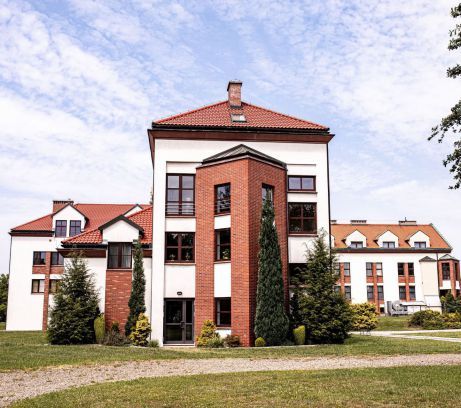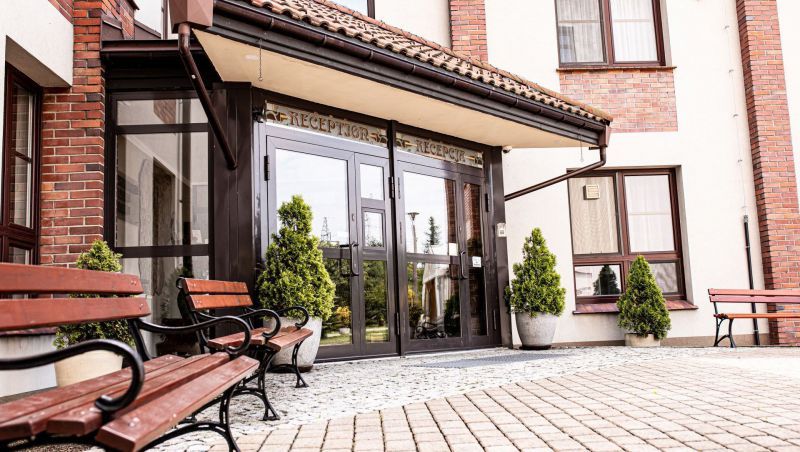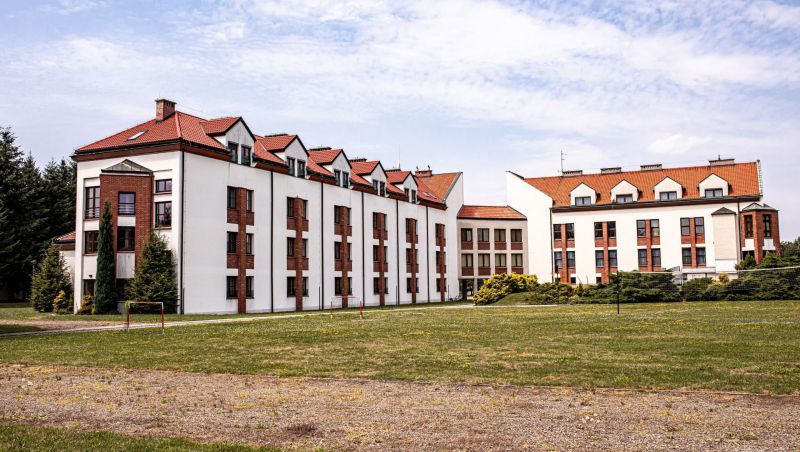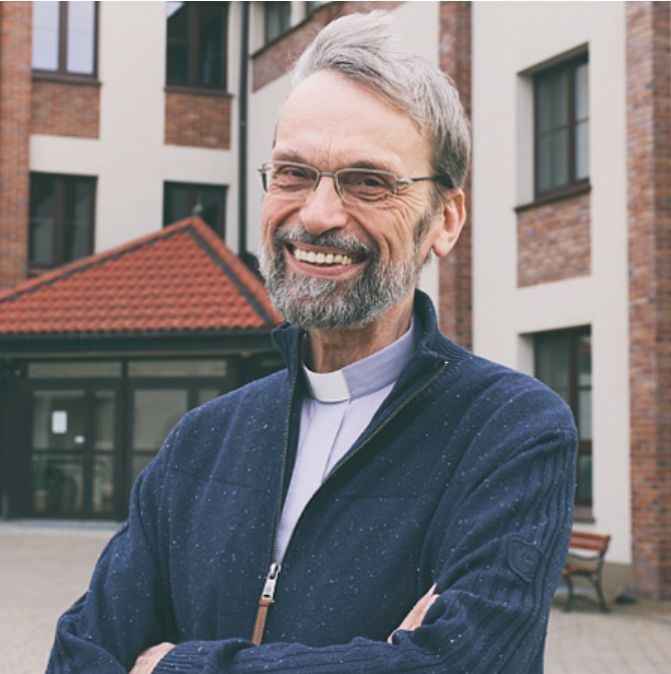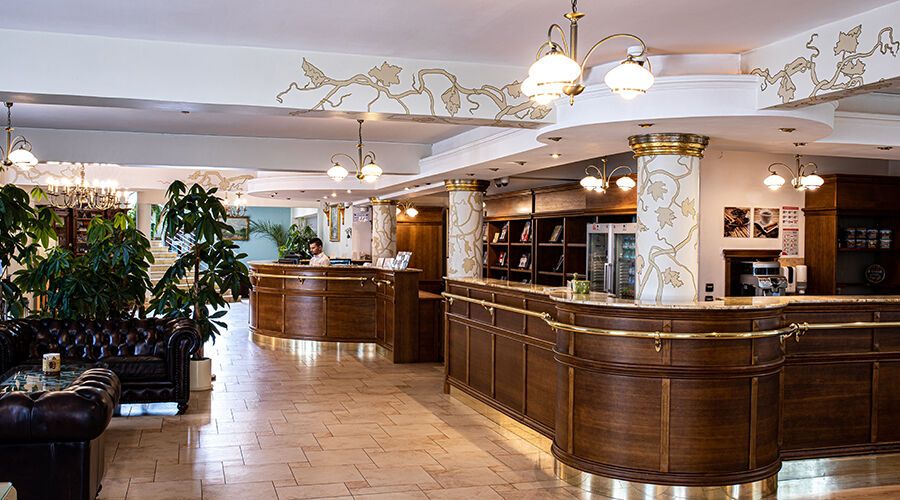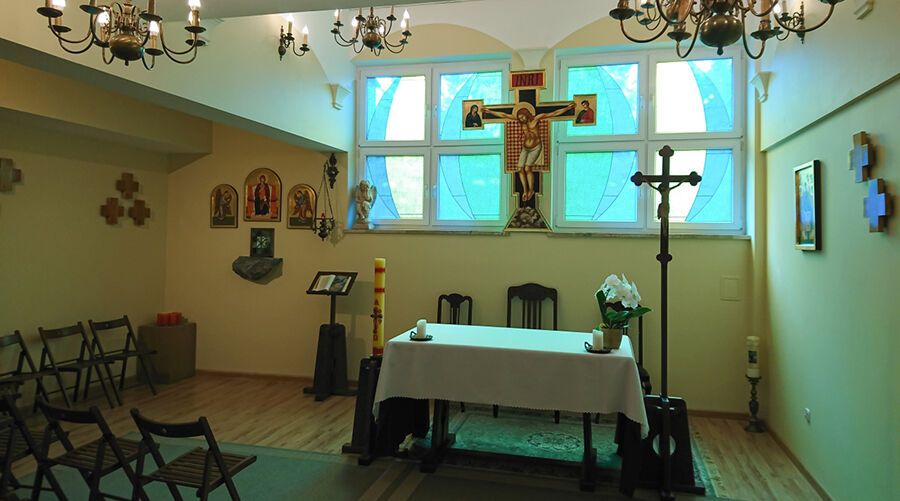Centre for Dialogue and Prayer in Oświęcim
A place for reflection, education, exchange of thoughts, and prayer for all those affected by the history of the Auschwitz camp.
Our mission
The Centre for Information, Meetings, Dialogue, Education and Prayer is a Catholic institution which began in 1992. It was founded by Archbishop Franciszek Cardinal Macharski in co-operation with the bishops of Europe as well as with representatives of Jewish organisations.
The aim of the Centre which in 1998 took the name of the Centre for Dialogue and Prayer and is built in the neighbourhood of the Auschwitz concentration camp, is to create a place for reflection, education, sharing and prayer for all those who are moved by what happened here. The Centre commemorates the victims and contributes to creating mutual respect, reconciliation, and peace in the world.
Although our house is called the Centre for Dialogue and Prayer, it often seems that we should not start with either prayer or dialogue. One should start with silence and listening, listening mainly to the voice of the earth of Oświęcim. This concrete encounter with the history of the place and visiting the memorial museum is deeply moving to almost everyone. We wish to help our guests by creating at the Centre an atmosphere of openness, friendship and peace. On request we help with the planning of programmes, we help guests get in touch with the memorial place, we are available for meetings, conversation and reflection.
Meetings with former prisoners are very important. They show not only the human face of suffering but also how to take responsibility for the future. As much as possible we help our guests to establish these contacts.
"Civilisation of Love" - Film by Christoph Wolf about the Centre for Dialogue and Prayer in Oświęcim, 2009, 20 min.Auschwitz was a place where interpersonal relations were destroyed. This is the biggest wound and it is bleeding until now. Healing can come only through meetings with people. Building trust "after Auschwitz" is an important task even if it is a difficult one. Trust is needed in order to encounter one another openly without fear and be able to listen and give testimony. Creating such an atmosphere is our main task.
Dialogue and identity belong to each other. We invite you to participate in our religious retreats. Interfaith prayer in the context of Auschwitz fills us with hope. Auschwitz raises questions about God, evil, vocation, responsibility, guilt and forgiveness, Christian-Jewish relations. We encounter here great testimonies of faith and the victory of human dignity. In recent years the figure of Edith Stein and the example of John Paul II have become especially important.
Encounters between young people are both serious and joyful and make us aware of the living dimension of our “responsibility after Auschwitz.”
„Among numerous initiatives that are being under- taken in the spirit of the Council for the Jewish-Christian dialogue, I would like to mention a centre for information, education, meeting and prayer that is being prepared in Poland. It is to facilitate the research on the Shoah and on the martyrdom of the Polish people and of other European peoples at the time of national socialism, as well as to help with the spiritual confrontation with these problems. One can hope that it would bear abundant fruit and could also serve as an example for other nations.”
John Paul II about Centre for Dialogue and Prayer, 24.06.1988
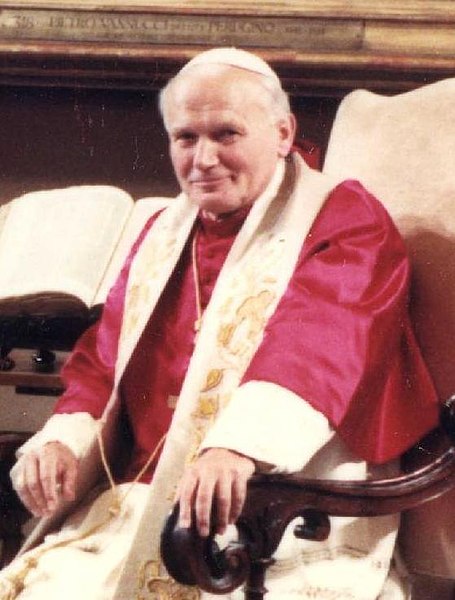
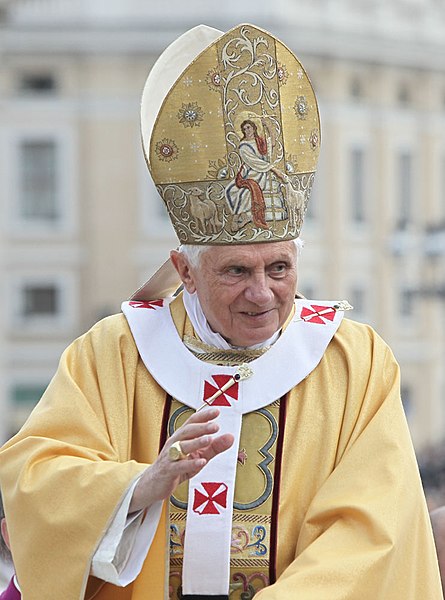
„By God's grace, together with the purification of memory demanded by this place of horror, a number of initiatives have sprung up with the aim of imposing a limit upon evil and confirming goodness. Just now I was able to bless the Centre for Dialogue and Prayer. […] So there is hope that this place of horror will gradually become a place for constructive thinking, and that remembrance will foster resistance to evil and the triumph of love.”
Benedict XVI about Centre for Dialogue and Prayer, 28.05.2006
Staff
Fr. Dr. Manfred Deselaers
Priest for the abroad of the German Episcopate. Since October 1990, he has been living and serving in the parish of the Assumption of the Blessed Virgin Mary in Oświęcim. Since 1996, he has been working in the education department of the Centre for Dialogue and Prayer in Oświęcim, meeting with many groups, organizing retreats and conferences. Working tirelessly for Christian-Jewish dialogue and German-Polish reconciliation, as well as opening up to contact with the East. Winner of many awards, including the title of Man of Reconciliation 2000, the Knight's Cross of the Order of Merit of the Republic of Poland, the Cross of Merit of the Federal Republic of Germany.
Contact: manfred@cdim.pl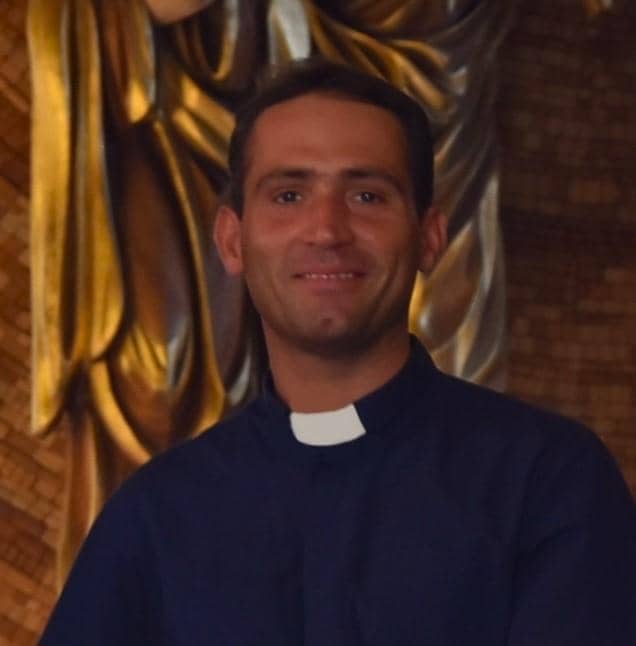
Fr. Dariusz Chrostowski
A priest of the Archdiocese of Kraków and a long-time spiritual father of youth; in the years 2018-2020 he worked for the Archdiocesan Museum in Kraków, from 2020 to 2023 he was the Director of the Museum of St. John Paul II and vice-Director of the Institute of Intercultural Dialogue in Kraków. Since September 2023, Father Dariusz Chrostowski has been the Director of the Centre for Dialogue and Prayer in Oświęcim.
Contact: dyrektor@cdim.pl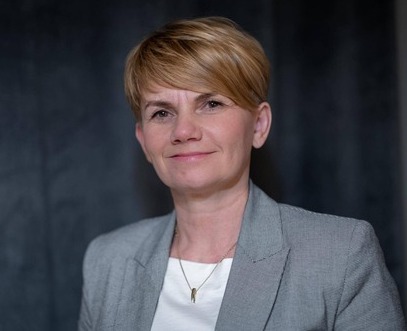
Elżbieta Wronka
A graduate of the University of Silesia, teacher of English, historian, translator, long-time educator of youth; author of articles in the field of political history of the United States and co-author of a monographic study on local history; vice-President of the Family Accompaniment Foundation named after Professor Stanislaw Grygiel in Krakow. Since October 2023, vice-Director of the Center for Dialogue and Prayer.
Contact: wicedytektor@cdim.plKatarzyna Stanek
Katarzyna Stanek - prepares the economic base for educational projects at the Krakow CDIM Foundation.
Contact: katarzyna.stanek@cdim.plBeata Sereś
Beata Sereś – coordinates the work of the Education Department at the Krakow CDIM Foundation
Contact: edukacja@cdim.plCzesława Kowalczyk
Czesława Kowalczyk - deals with economic documentation at the Krakow CDIM Foundation.
Monika Hufnagel
Monika Hufnagel - deals with HR matters for employees of the Krakow CDIM Foundation.
Equipment
Reception
- open 24 h
- information center: a city plan, the timetable, buses, vans
- PC for Guests
- internet WiFi
- Sales of books, calendars, DVDs
- Disabled Facilities: hire: a wheelchair, crutches, walker
- Cafeteria: open 24 h
- Possibility to borrow a hair dryer, iron + ironing board

